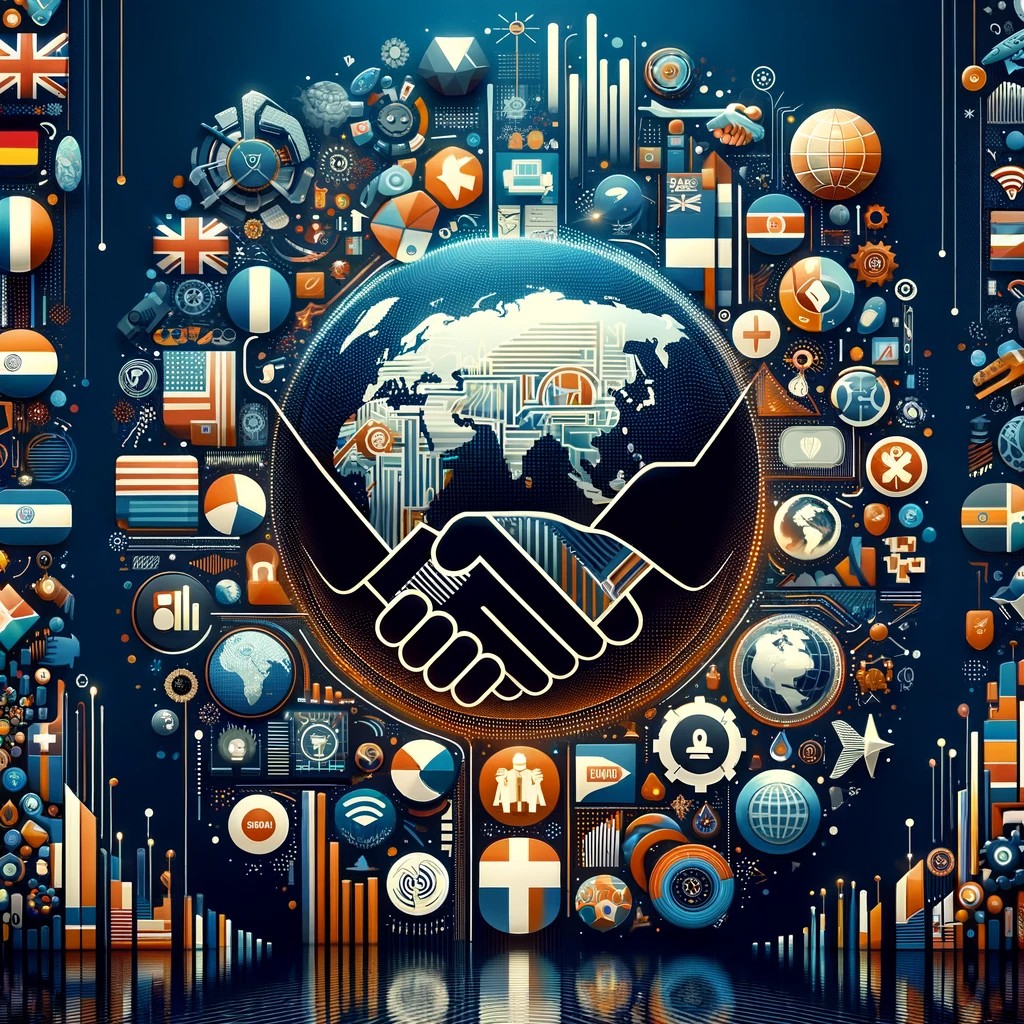The 2024 World Economic Forum in Davos was not your typical gabfest. It was a whirlwind of futuristic musings, policy debates, and some real talk about the state of our planet. This year’s forum stood out for its post-pandemic attendance boom and a stark shift in focus. The usual economic chit-chat and climate concerns were overshadowed by hefty discussions on geopolitics and technology. But let’s dive deeper into the juicy bits of what went down in this high-profile gathering.
The AI Conundrum: Promise and Peril
Artificial Intelligence (AI) was the belle of the ball at this year’s forum, but it danced on a tightrope between utopian promise and dystopian risk. The specter of AI-induced inequality loomed large, casting a long shadow over optimistic narratives. Alliance4ai’s efforts to bring diverse voices into AI development highlighted a crucial debate: the need for inclusivity in a tech realm dominated by a few. This wasn’t just geek talk; it was a clarion call for equitable tech progression.
Big Tech, meanwhile, was on a charm offensive, trying to paint AI as an equalizer rather than an elitist tool. Meta’s Yann LeCun and other tech gurus spun visions of democratized AI. They advocated for open-source research and accessible computing power to prevent a tech monopoly. But let’s face it, balancing commercial interest with equitable access is like walking a razor’s edge.
Sustainability: More Than a Buzzword
As if on cue, the sustainability conversation pivoted from lofty ideals to concrete action. The WEF wasn’t just paying lip service to green goals; it was a hothouse of pragmatic discussions. Jack Azagury from Accenture pointed out that alongside AI, sustainability was a top query among clients. This wasn’t your garden-variety environmental chat; it was about integrating green practices into the corporate bloodstream.
The forum buzzed with ideas turning sustainability from a nice-to-have to a must-have. Bill Gates showcased an AI-enabled ultrasound device, a beacon of hope for maternal health in under-resourced areas. Will Marshall’s satellite data venture and Johnson Controls’ AI-driven push for net-zero buildings painted a picture of a future where technology serves the planet, not just profit margins.
And then there were the toilets on planes – yes, you read that right. The US government is using AI to scan wastewater from airplanes for new viruses. It’s a bizarre yet brilliant example of how tech is reshaping our approach to global health challenges.
Minerals and Partnerships: The New Gold Rush
Let’s not forget the mineral mania. The WEF was abuzz with talk of lithium, nickel, and other sexy elements of the periodic table. The green tech revolution is hungry for these resources, and everyone from Ukraine to Chile is vying to be the next big supplier. But it’s not just about finding these minerals; it’s about the geopolitical chess game of securing and refining them. This isn’t just an economic opportunity; it’s a strategic imperative in the global power play.
The forum also highlighted the burgeoning appetite for public-private partnerships. It’s clear that tackling the world’s sustainability challenges requires a collaborative effort, transcending traditional rivalries. Take Pepsi and Coca-Cola, for instance, putting aside their soda war to jointly tackle issues like regenerative agriculture. It’s not just cooperation; it’s survival.
The Verdict
The 2024 WEF wasn’t just a gathering; it was a microcosm of our world in flux. AI’s rise, sustainability’s urgency, the mineral gold rush, and the push for collaborative solutions – these aren’t just topics; they’re the forces shaping our tomorrow. The forum offered no easy answers, but it did provide a platform for the difficult conversations we must have.
In this whirlwind of ideas and initiatives, one thing was clear: the path ahead is fraught with challenges, but it’s also ripe with opportunities. The WEF has laid out the buffet of our future – a blend of tech marvels, environmental stewardship, and collaborative ventures. It’s a future that demands not just thought but action, not just optimism but caution. As the world navigates this complex terrain, the insights from Davos will undoubtedly serve as a beacon, guiding our collective journey into a future as uncertain as it is exciting.





